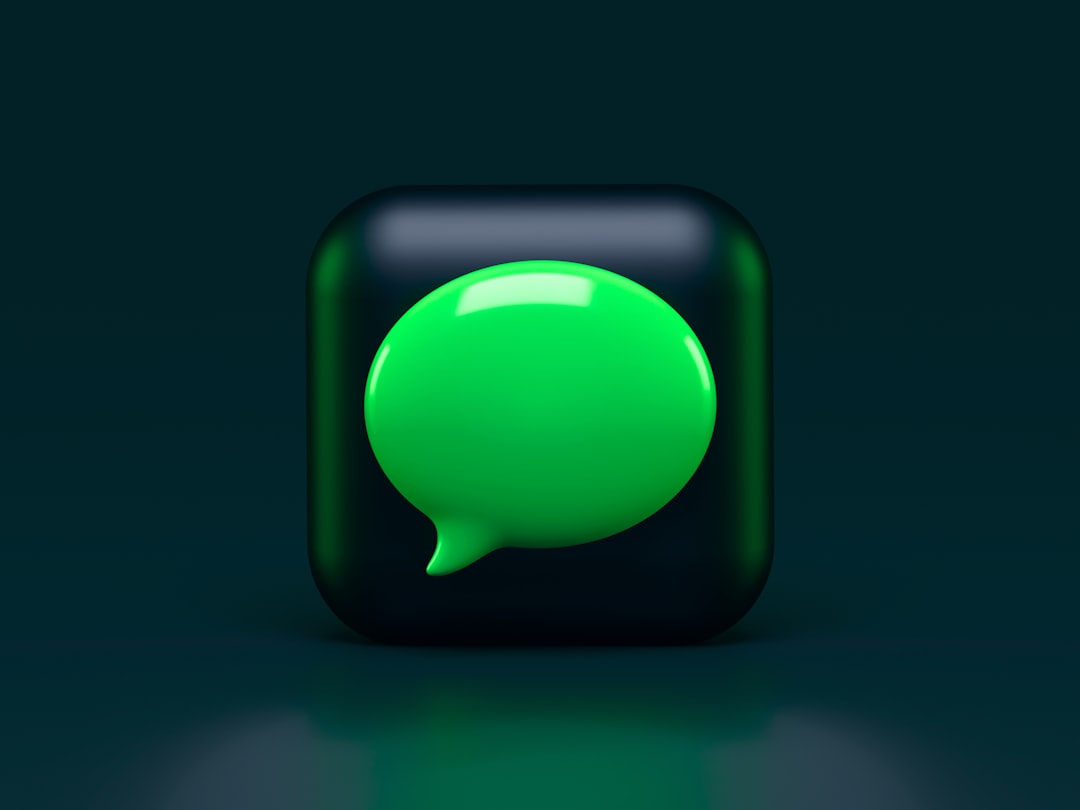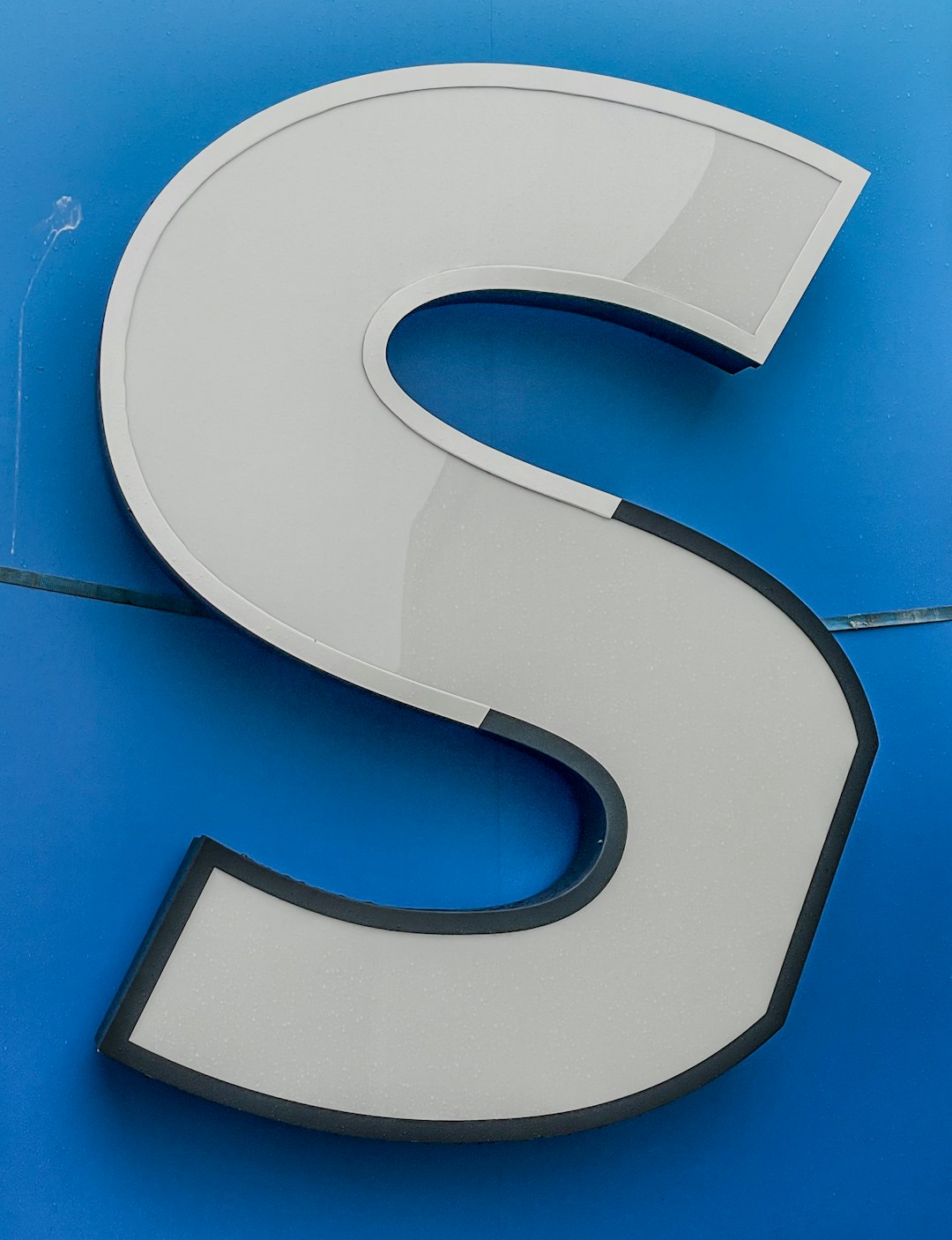Slack has quickly become a staple in modern workplace communication, revolutionizing the way teams collaborate and interact. From tech startups to large enterprises, this cloud-based messaging platform offers streamlined communication, integration with various productivity tools, and user-friendly features. But one question that often arises among users and businesses alike is: Who actually owns Slack? To answer this and delve deeper into the company’s journey, let’s explore a complete guide to Slack’s ownership, its evolution, and its significant role in today’s digital workspace.
The Origins of Slack
Before we dive into current ownership, it helps to understand where Slack began. Believe it or not, Slack wasn’t initially supposed to become the game-changing platform it is today. It was originally an internal tool created by a company working on a completely different project.
Slack was developed by Stewart Butterfield and his team while they were working on a multiplayer online game called “Glitch.” Realizing the internal chat tool they had built was more promising than the game itself, they pivoted and launched it as a standalone product. In 2013, Slack was officially introduced to the public, and within just a few years, it achieved explosive growth.
Slack’s Rapid Rise
Slack quickly disrupted traditional corporate communication tools like email and internal bulletin boards. Its unique selling points included:
- Real-time messaging capabilities
- Support for multiple channels
- Seamless integration with apps like Google Drive, Trello, and GitHub
- Customizable bots and workflows
The platform caught on rapidly across industries. From 2014 to 2019, Slack’s user base grew exponentially and eventually allowed the company to go public in 2019 through an unusual method—a direct listing on the New York Stock Exchange (NYSE), which bypassed the traditional IPO process.

Who Owns Slack Today?
Though Slack Technologies, Inc. was an independent public company for a short time, its ownership structure changed dramatically in 2021. The short answer to the question who owns Slack is:
Slack is currently owned by Salesforce, Inc.
In one of the most high-profile tech acquisitions of the decade, Salesforce announced on December 1, 2020, that it would acquire Slack for a whopping $27.7 billion. The deal was officially completed in July 2021.
Why Did Salesforce Acquire Slack?
Salesforce, a global leader in customer relationship management (CRM) software, sought to expand its presence in the enterprise collaboration space. Acquiring Slack gave Salesforce a competitive edge against Microsoft, whose Microsoft Teams product was gaining massive adoption within organizations—especially those already using Microsoft Office 365.
By integrating Slack into the Salesforce Customer 360 platform, the company hoped to offer a comprehensive suite of tools for businesses to manage customer relationships, team collaboration, and productivity—all in one ecosystem.
The Business Strategy Behind the Acquisition
The Slack acquisition marked Salesforce’s largest purchase to date and a clear indicator of the importance of communication tools in the modern workplace. Through the acquisition, Salesforce aimed to reshape how work is done in a digital-first world. Here’s what the strategy was focused on:
- Creating a central hub for digital workflows by combining Salesforce and Slack functionalities
- Improving productivity with interconnected apps and automations
- Competing with Microsoft not only in CRM but also in team collaboration
- Driving cloud adoption across all types of enterprises
Slack’s suite of tools became a cornerstone of Salesforce’s “Digital HQ” initiative, aimed at redefining corporate operations in an increasingly remote and hybrid world.
Key Figures Involved in Slack’s Journey
Several key people have played vital roles in Slack’s rise and are often associated with its success story:
- Stewart Butterfield – Co-founder and former CEO of Slack. He continued to lead Slack after the Salesforce deal but eventually stepped down in December 2022.
- Tamar Yehoshua – Slack’s Chief Product Officer, responsible for shaping the user experience and innovation of the platform.
- Marc Benioff – CEO and Chair of Salesforce. A huge proponent of the acquisition, he envisioned Slack as a transformative addition to Salesforce’s product suite.
Is Slack Still an Independent Brand?
Although Slack is now a Salesforce-owned company, the product still exists as a distinct brand and platform. Salesforce has maintained Slack’s separate branding and product development roadmap, while integrating it more tightly into its own services and CRM ecosystem.
This strategic autonomy allows Slack to continue innovating and serving users who may not necessarily be Salesforce customers. However, new features and deeper CRM integrations are increasingly pointing toward Slack’s future as a core pillar of Salesforce’s enterprise strategy.

What Does This Mean for Users?
For the average Slack user, ownership by Salesforce hasn’t dramatically changed the user experience. Slack remains a powerful communication tool with features like:
- Threads for organizing conversations
- Voice and video calls
- App integrations and workflow automation
- Enterprise-level security and compliance
However, organizations using both Slack and Salesforce can now take advantage of even more integrated workflows. For example, you can update Salesforce records directly from Slack or bring Salesforce dashboards into Slack conversations for context-rich collaboration.
Financial Impact and Market Position
The Slack acquisition significantly boosted Salesforce’s long-term strategic goals, although it did raise eyebrows among analysts due to its cost. At the time, some investors questioned the high valuation, but it became evident that Salesforce was investing in the future of work.
Since joining Salesforce, Slack has continued to grow and expand its offerings, entering into new markets such as government services, healthcare, and education. Its chief competitors remain Microsoft Teams, Zoom, and Google Chat, but Slack maintains a loyal user base thanks to its developer-friendly API and flexible features.
Future Outlook for Slack
The road ahead looks promising. With Salesforce’s backing, Slack now has access to greater resources and enterprise clients. Some potential future developments could include:
- AI-driven productivity tools and smart suggestions
- Enhanced integration with Salesforce Einstein analytics
- Deeper personalization and contextual communication
- Expanded global support and multilingual features
In an era where virtual collaboration is no longer a luxury but a necessity, Slack is well-positioned to continue innovating and supporting the “digital HQ” concept for a wide range of organizations.
Conclusion
So, who owns Slack? The answer is clear: Salesforce, Inc. acquired Slack in 2021 as part of a broader strategy to lead the future of digital collaboration and customer engagement. What started as an internal tool for a failed video game has evolved into one of the most influential business communication platforms of our time.
Whether you’re a solo freelancer or part of a global enterprise, understanding Slack’s ownership and vision can help you make the most of this dynamic platform. As it continues to evolve under the Salesforce umbrella, Slack is not just surviving in the crowded collaboration market—it’s thriving and redefining how the world works together.


